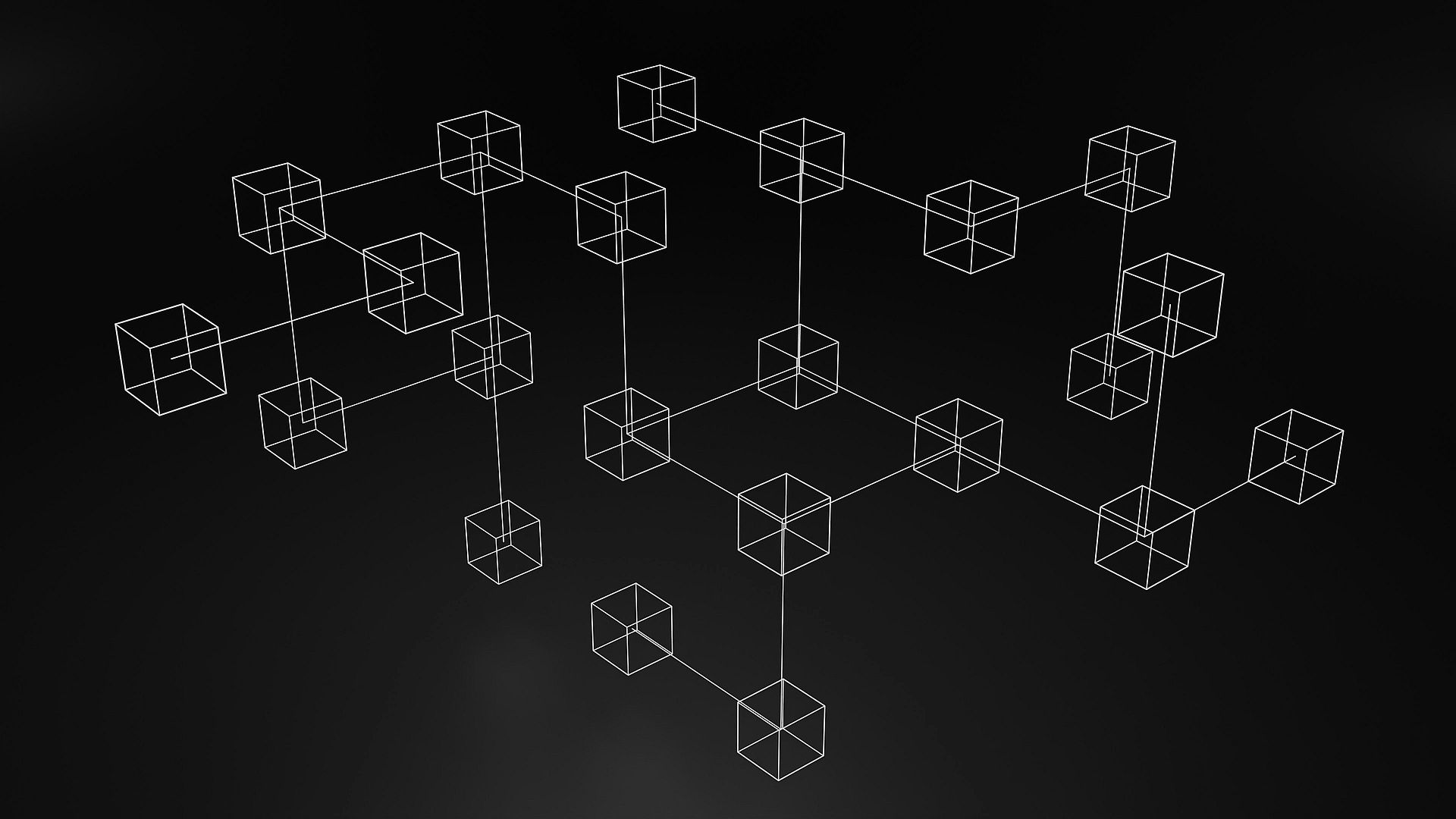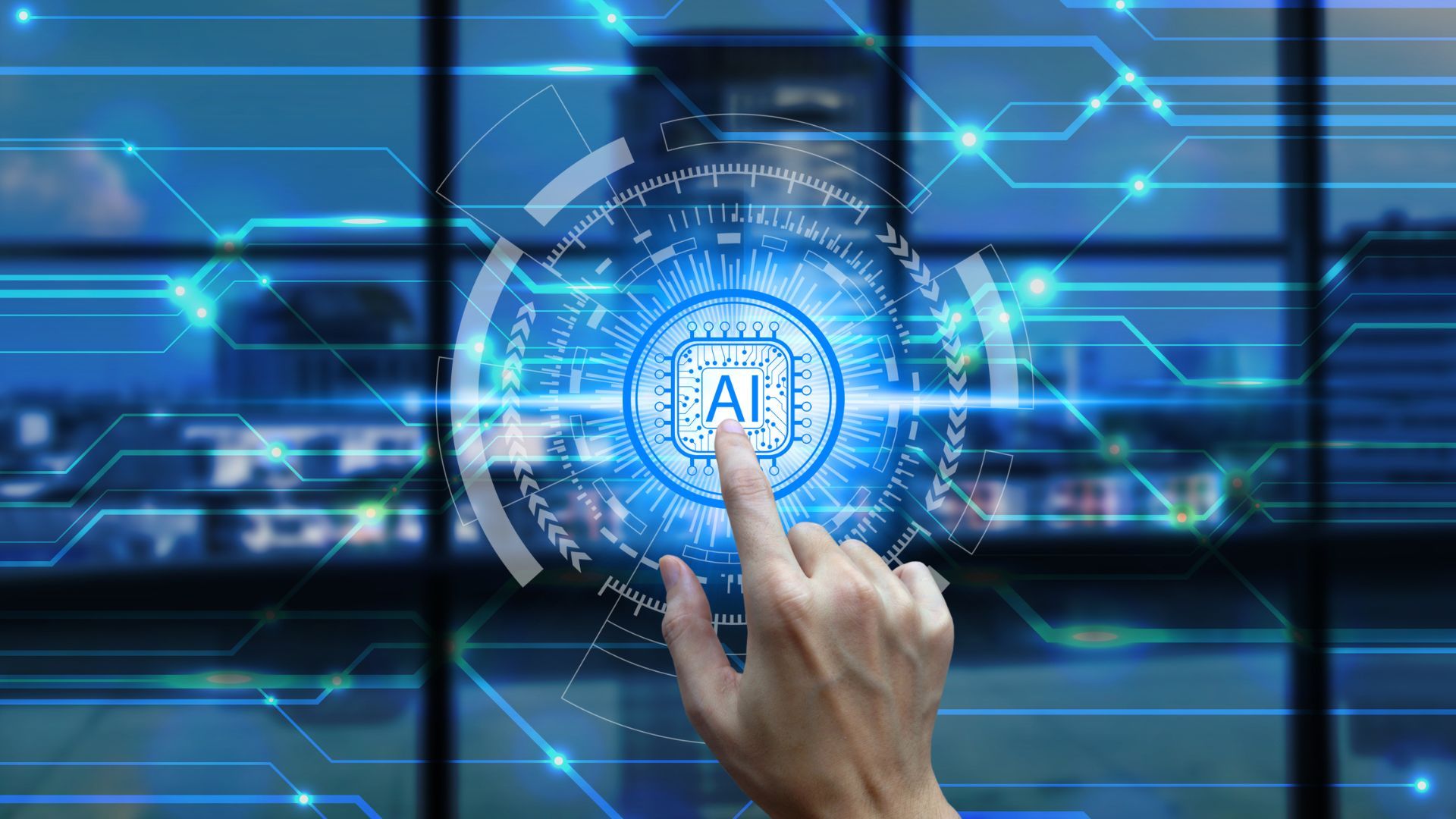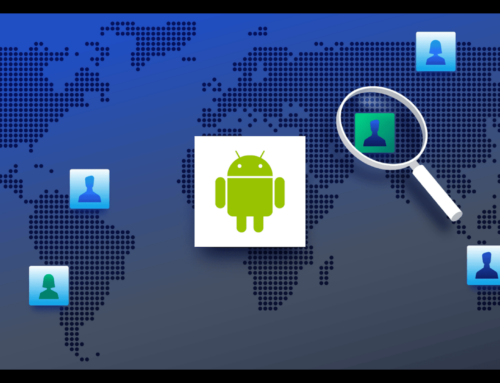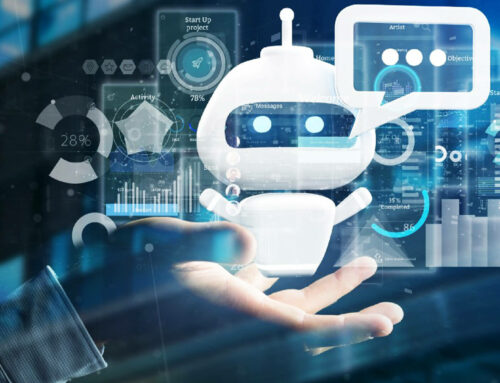Have you ever wondered if there’s a way to make AI more secure and transparent? With the rise of decentralized AI models, this possibility is becoming a reality. Let’s explore how this exciting innovation is shaping the future of artificial intelligence and why it’s creating a buzz in the AI landscape.

What Are Decentralized AI Models?
Before diving in, let’s first understand what decentralized AI models are. Unlike traditional centralized AI systems, where data and AI models are managed on a single server or platform, decentralized AI leverages blockchain technology and distributed ledgers. This means data is processed across numerous decentralized nodes, creating a system that is more secure, transparent, and efficient.
Decentralized AI provides solutions without relying on central authorities, ensuring data privacy and reducing risks associated with centralized AI models. It’s an important role in the decentralized AI landscape and offers numerous benefits for both users and organizations.
How Does Blockchain Ensure Data Security and Transparency in Conversational AI?
Blockchain technology is at the heart of decentralized AI. But how does it actually work? By using distributed ledgers, blockchain creates an immutable record of data, ensuring security and transparency.
Here’s what Deepak Shukla, CEO of Pearl Lemon, says about this:
“Blockchain technology is a game-changer when it comes to ensuring data security and transparency in conversational AI. By utilizing decentralized ledgers, blockchain provides an immutable record of all interactions, which not only protects data but also ensures that conversations are transparent and traceable. This level of security is crucial, especially as businesses handle sensitive information that must be kept secure from malicious actors.”
This shows how blockchain can transform AI applications, particularly in areas where trust and security are paramount.
Applications of Decentralized AI in the AI Ecosystem
The convergence of AI and blockchain has opened up a new era for AI applications. Decentralized AI offers innovative solutions for model training, deployment, and development, creating a marketplace for AI tools and decentralized platforms. Here are some notable applications:
- AI Crypto Projects: Decentralized AI leverages blockchain to create secure AI crypto platforms.
- AI Development: It facilitates training AI models across decentralized data sources.
- Decentralized Finance (DeFi): AI can enhance financial applications by providing transparent and secure solutions. Companies that specialize in DeFi development service are using AI and blockchain to build cutting-edge financial solutions.
- Decentralized Data Management: Ensuring privacy while allowing AI to analyze large datasets.
- Language Models: Developing large language models within decentralized frameworks for more secure communication.
The benefits of decentralized AI go beyond technical aspects, impacting trust in AI and making AI solutions more accessible.
What Are the Potential Use Cases of Decentralized Chatbots in Sensitive Industries Like Finance?
Sensitive industries like finance demand high levels of security and transparency. Decentralized AI systems play a significant role in addressing these needs.
Deepak Shukla’s insights shed light on this:
“In industries like finance, decentralized chatbots have enormous potential. These bots can securely handle transactions, provide personalized financial advice, and answer customer inquiries without compromising user data. Since the blockchain ensures that all interactions are encrypted and transparent, businesses can gain trust and reduce the risk of fraud, a critical factor for the finance sector.”
This demonstrates how decentralized AI reduces risks while offering robust AI solutions in the finance industry.
Could Decentralized AI Solve Privacy Issues in Large-Scale Conversational Platforms?
Data privacy is one of the biggest challenges in AI systems. Decentralized AI provides a unique approach to address this concern by combining AI with blockchain technology.
Here’s Deepak Shukla’s view:
“When it comes to privacy, decentralized AI offers a unique solution. By ensuring that sensitive data is stored locally on the user’s device rather than on centralized servers, blockchain-driven conversational platforms can minimize the risk of data breaches. This decentralized approach allows users to control their own data, resolving privacy concerns that often arise in large-scale conversational platforms.”
This approach ensures that users maintain control over their data, making AI processes more reliable and secure.
Benefits of Decentralized AI
So, what makes decentralized AI so impactful? Let’s break down some key benefits:
- Enhanced Security: Blockchain ensures data is immutable and secure.
- Transparency: Distributed ledgers provide traceable records.
- Data Privacy: Users control their data, reducing breaches.
- Efficiency: Decentralized training accelerates AI model training.
- Accessibility: More users gain access to AI tools and solutions.
- Trustworthy AI: Builds trust in AI systems by maintaining transparency.
- Scalable Systems: Decentralized nodes allow for greater scalability.
- Fraud Reduction: Especially crucial in industries like finance.
- Cost Savings: Reduces dependency on expensive centralized infrastructure.
- Innovation: Encourages AI companies to embrace decentralized approaches.
Future of Decentralized AI
The future of decentralized artificial intelligence is filled with potential and promise. Unlike traditional AI systems, decentralized AI facilitates the training of models across decentralized data sources while maintaining a decentralized nature. This decentralized training method ensures that AI processes are more transparent, secure, and scalable.
As we move towards the future of AI, decentralized AI platforms and blockchain AI technologies will play an important role in shaping the deployment of AI solutions. These platforms allow AI models to be trained across numerous decentralized nodes, ensuring data privacy and security. By embracing decentralized systems, organizations can benefit from AI without the risks associated with centralized models.
The decentralized AI landscape is also fostering trust in AI by creating decentralized models that are transparent and accessible. This innovative approach combines AI and blockchain to enable AI model training in a decentralized manner, paving the way for new AI solutions without compromising data integrity. Decentralized AI provides access to AI tools and technologies, encouraging broader participation in the AI ecosystem.
Decentralized AI holds immense potential for industries like healthcare, finance, and beyond. By utilizing decentralized data sources, AI can analyze data securely and effectively. This approach reduces the risks associated with centralized systems and ensures that AI algorithms are more reliable and trustworthy.
The deployment of AI through decentralized applications is transforming the way organizations interact with data and AI. With decentralized AI technologies, businesses can create decentralized solutions that are efficient and secure. The future of decentralized AI is bright, as it continues to revolutionize AI model training and deployment in a decentralized manner.
As the world embraces Decentralized AI Models, we can expect to see more decentralized platforms that enhance the potential of AI while ensuring data privacy and security. The combination of blockchain AI technologies and decentralized AI processes is creating a robust framework for the future of AI innovation. Decentralized AI reduces dependency on centralized models, offering a more sustainable and scalable approach to AI development.

Top Decentralized AI Projects to Watch
If you’re curious about which decentralized AI projects are leading the way, here are some notable names:
- SingularityNET: A decentralized network focused on creating an AI marketplace where developers can share and monetize AI applications.
- Ocean Protocol: Combines blockchain and AI to create a decentralized platform for secure data sharing and AI model training.
- Fetch.ai: Leverages Decentralized AI Models and AI agents to facilitate machine learning applications in smart cities, energy management, and supply chains.
- Cortex Labs: Focuses on enabling AI algorithms to run on decentralized blockchain networks for diverse applications.
- DeepBrain Chain: Utilizes a decentralized network to reduce the cost of AI model training and enhance AI innovation.
These projects represent the future of AI app development, as they challenge traditional centralized models and showcase the benefits of a decentralized approach. By creating a decentralized AI ecosystem, they pave the way for more transparent, secure, and scalable AI applications.
Decentralized applications, powered by blockchain and AI, are transforming industries and inspiring trust in AI technologies. As Decentralized AI Models continues to evolve, these projects are worth keeping an eye on for their potential to revolutionize the AI landscape.
Conclusion
Decentralized AI models are transforming the AI landscape. With benefits like enhanced security, transparency, and privacy, they offer a promising future for AI development. As we move forward, embracing decentralized systems will play a crucial role in unlocking the full potential of AI across industries. So, what do you think? Are decentralized AI solutions the key to a more secure and innovative future for artificial intelligence?


